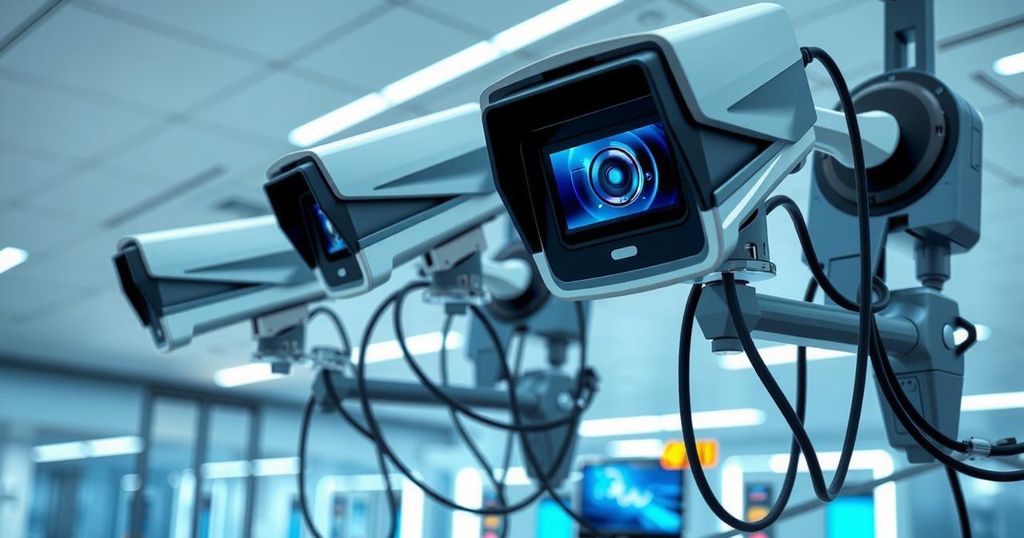University researchers are tackling bias in facial recognition through varied approaches. IIT Jodhpur developed a Fairness, Privacy, and Regulatory framework to evaluate datasets, revealing significant deficiencies in fairness representation. Meanwhile, SMU focuses on creating synthetic datasets for AI training, while WVU addresses biometric system vulnerabilities. These initiatives aim to improve the equity and security of facial recognition technologies.
Researchers from various academic institutions, particularly in India and the United States, are examining the challenges of bias and fairness in facial recognition technologies. At the Indian Institute of Technology (IIT) Jodhpur, a new framework labeled FPR (Fairness, Privacy, and Regulatory) has been developed to assess the ethical implications and data representation of facial recognition datasets designed for Indian demographics. This framework, which evaluates datasets on criteria such as demographic fair representation and regulatory compliance, revealed that approximately 90% of the datasets audited were deficient in these areas. In the United States, researchers from Southern Methodist University (SMU) and West Virginia University (WVU) are also addressing these pressing issues. SMU is focused on generating synthetic datasets to mitigate privacy concerns associated with real human images and enhance training for AI models. In contrast, WVU is examining security concerns in biometric systems, emphasizing the need for comprehensive research surrounding bias and fairness, especially concerning anti-spoofing mechanisms that prevent deceptive attacks on biometric systems. The pursuit of equitable AI technologies remains a crucial goal for these researchers as they seek to address significant demographic biases in facial recognition systems while providing appropriate safeguards against misuse and vulnerabilities.
Facial recognition technology is increasingly relied upon in various sectors, raising critical issues related to bias, fairness, and ethical deployment. Bias in AI, particularly in facial recognition, can stem from the datasets used to train these systems, often lacking in diversity, which can lead to misidentification or inaccuracies affecting different demographic groups. Efforts to mitigate these issues are vital for ensuring fairness and enhancing the security responsibilities of such systems. Given the complexity of these challenges, academic research plays a crucial role in developing frameworks and methodologies to address them effectively.
The efforts by researchers at IIT Jodhpur, SMU, and WVU underline the importance of addressing bias and fairness in facial recognition technologies. Through innovative frameworks and the use of synthetic data, these teams aim to enhance the ethical deployment of AI systems, ensuring that they are reliable and equitable for diverse populations. Ongoing research into the vulnerabilities related to biometric systems also signifies a progressive approach toward overcoming existing biases and addressing security challenges in these technologies.
Original Source: www.biometricupdate.com





